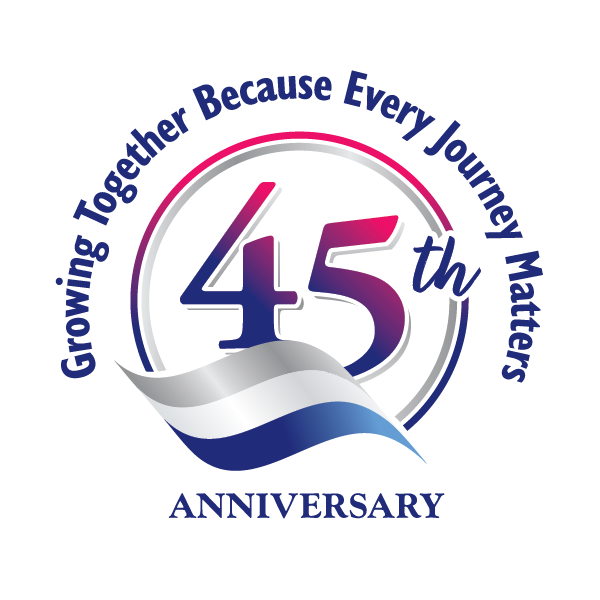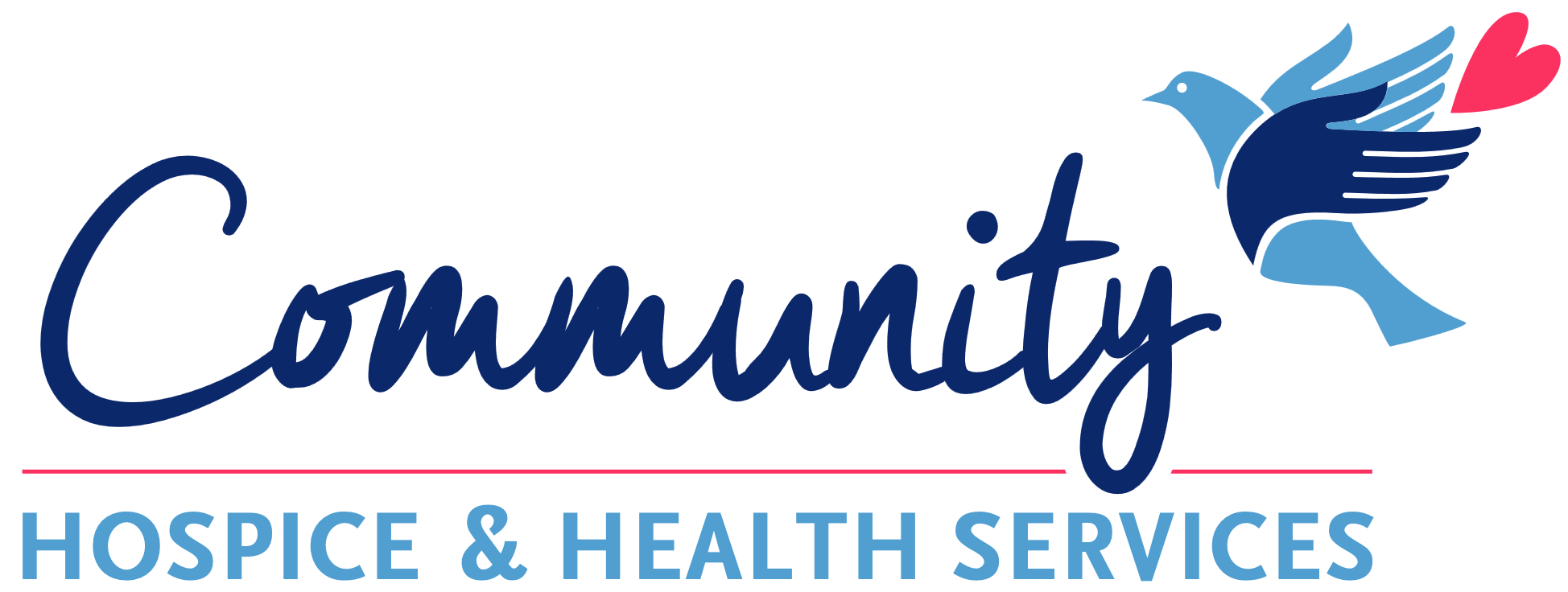Welcome.
We are now Community Hospice & Health Services!

We are excited to announce that Community Hospice, Inc. has rebranded to Community Hospice & Health Services. Over the past 45 years our organization has experienced a significant transformation, identifying, and evolving with the communities we are privileged to serve to meet their needs. Although our name is changing, our mission, vision and values remain the same. Our new identity maintains the commitment and expectations of our original brand and mission, while also moving us forward to align our programs.



